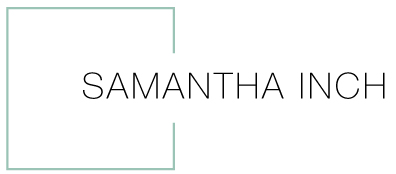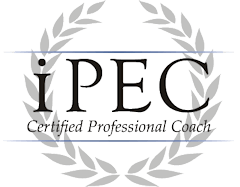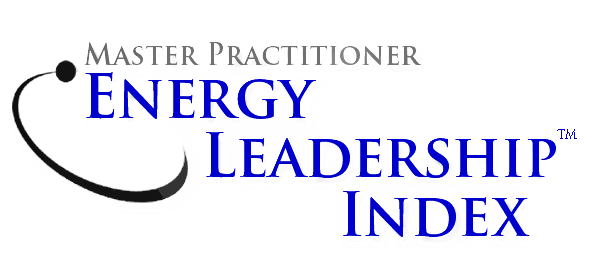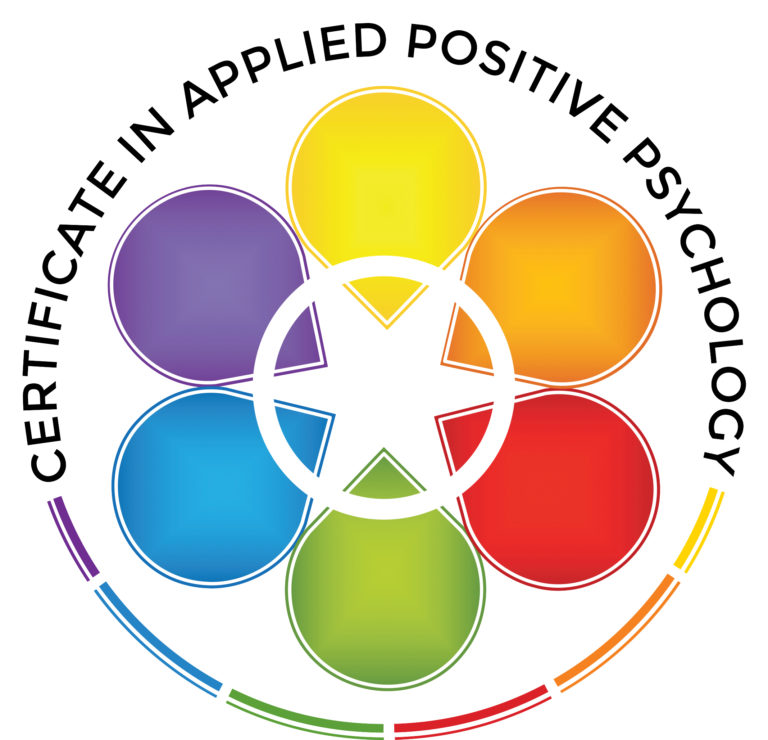Bridgette Corridan
My second World Happiness Summit influencer is Bridgette Corridan. Bridgette is the Senior Manager of Talent Acquisition at Athleta, a musician, wife and mother living in California with her family. While we come from different places, we are kindred souls, and I am so happy to know her as my mentor. At the summit, she spoke as part of a panel about finding happiness at work, where she cited vulnerability as a life changing technique.
First, since many people believe vulnerability to be a sign of weakness, I should clarify what ‘being vulnerable’ really means. Leading vulnerability researcher, Brené Brown defines vulnerability as “uncertainty, risk and emotional exposure.” She’s talking abouta person’s ability to be open to an experience, even if they feel uncomfortable or believe they might ‘fail.’
There are many ways to do this. One way is to talk about your real emotions or beliefs to others (even if it is uncomfortable or you don’t know how people will respond). It’s tough to do that when we’re terrified about what people might see or think. When we’re fueled by the fear of what other people think or that voice that’s constantly whispering, “you’re not good enough” in our ear, it’s tough to show up. We end up hustling for our worthiness rather than standing in it.
Bridgette is a firm believer that you don’t always have to be buttoned up and have your sh** together. The buttoned up you isn’t the real you. So when you are courageous enough to expose your raw self, not only do you learn, but others will learn from you and relate to you.
Another way of tapping into vulnerability is to expose yourself to new and different experiences from others. Getting out of your comfort zone is not a new concept, but is the right piece of advice for someone wanting to learn how to be vulnerable. Allow yourself to take that new photography course despite your fear of not being good at it. Apply for a new job even though you have no traditional industry experience on paper. Meet new people outside of your race, social-economic status, religion, culture, even though they are not like you. Travel internationally and absorb the nuances of diverse cultures. Attend plays, concerts, comedy shows, speeches, debates or meetings that conflict with your beliefs. I could go on, but you get it. All of these actions require vulnerability.
Doesn’t sound that painful, right? Unfortunately, the stigma around vulnerability prevents many people from experiencing its benefits. Rigidity, uniformity, and constant preparedness avoid the risk of something uncomfortable happening, yes, but those small, closed behaviors also avoid growth. Brené says, “growth comes from being vulnerable. When you shut down vulnerability, you shut down opportunity.”
For Bridgette, she is using vulnerability as a strategy for positive change in her organization. In business, she believes vulnerability has a dual benefit for the employee and the employer. Leading through vulnerability encourages employees to release emotional barriers that they put up out of fear of being judged as weak or unsuccessful. Once those walls come down, employees feel a stronger connection to the company, trust their leaders, and feel the intrinsic satisfaction of showing up as their true selves at work. Everyone wins.
At Athleta, Bridgette is using vulnerability to transform the hiring process. She’s changed the old school interview method of drilling into the candidate using targeted questions. Instead, she starts with an overview of who she is and why she connects with the company mission. She uses vulnerability to expose her authentic self to the candidate. She doesn’t necessarily know if she will be successful or how the candidate will respond, but she opens herself up to learn. Bridgette says the candidate is usually visibly surprised at this approach and the tension subsides. She then gives space for the candidate to offer their summary of who they are and why they are interested in the position. As the candidate has just seen Bridgette reveal her real self, they see she is not just a canned company robot, and they are able to mirror her vulnerability to reveal their true story. She can usually tell at that moment if the candidate is the right fit. In the end, the recruiting experience becomes authentic, not contrived. There is no doubt that both parties walk away having learned something new.
Still for many people, being vulnerable is not only uncomfortable; it’s not even in the realm of familiar. Brené says, “I was raised in a ‘get ‘er done’ and ‘suck it up’ family and culture. I wasn’t taught how to deal with uncertainty or how to manage emotional risk. I spent a lot of years trying to outrun or outsmart vulnerability by making things certain and definite, black and white, good and bad. My inability to lean into the discomfort of vulnerability limited the fullness of those important experiences that are wrought with uncertainty: love, belonging, trust, joy, and creativity to name a few.”
I believe that whatever your experience with vulnerability has been to date, it is never to late to let go and lean in. Bridgette reminds us that there is no one right way to be vulnerable. She says, “start where you are because all we can do is learn, stumble and move forward.” If you’ve never done something before, there is a big chance you may make a mistake. Vulnerability reminds us mistakes don’t have to be good or bad, they are inevitable. The beauty of this approach is that the pressure subsides because you can switch things up mid-stream. "The times that you decide to change your approach are not because you did something ‘wrong,’ those are moments of self-realization.”
Bridgette definitely walks the talk on this. She recently shared a story with me about the process of creating her new album, and the struggles she had holding herself accountable to practice her voice scales. She was tempted to blame her voice coach for her lack of success, but knew she needed to lean into this discomfort and continue embracing the fear. “Blaming others for not being able to show up as your true self is a cop out. Showing up as your fullest, brightest self is where your power lies.”
Thank you Bridgette (and Brené) for reminding us to let go of labels and expectations, and lean in.




